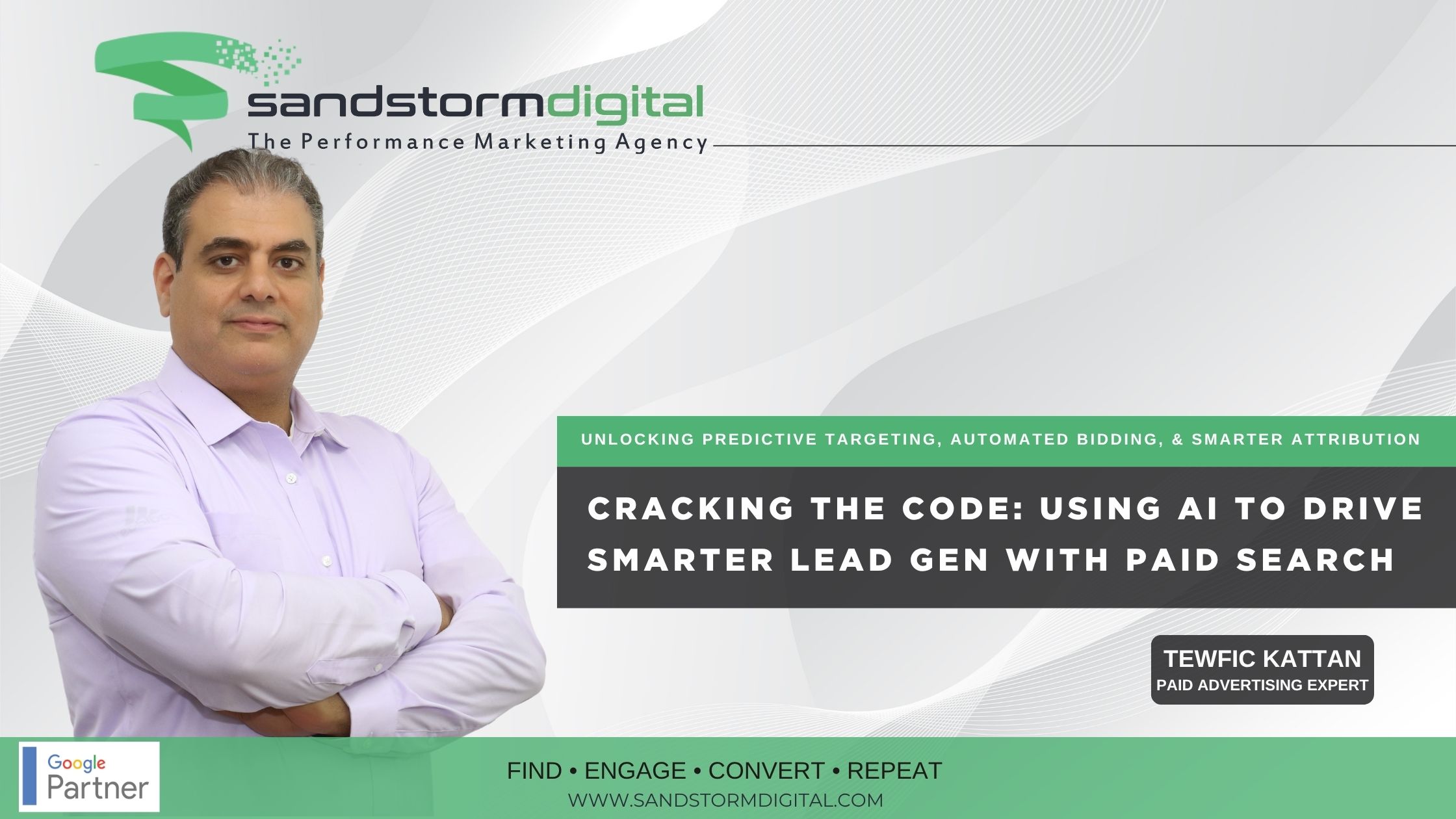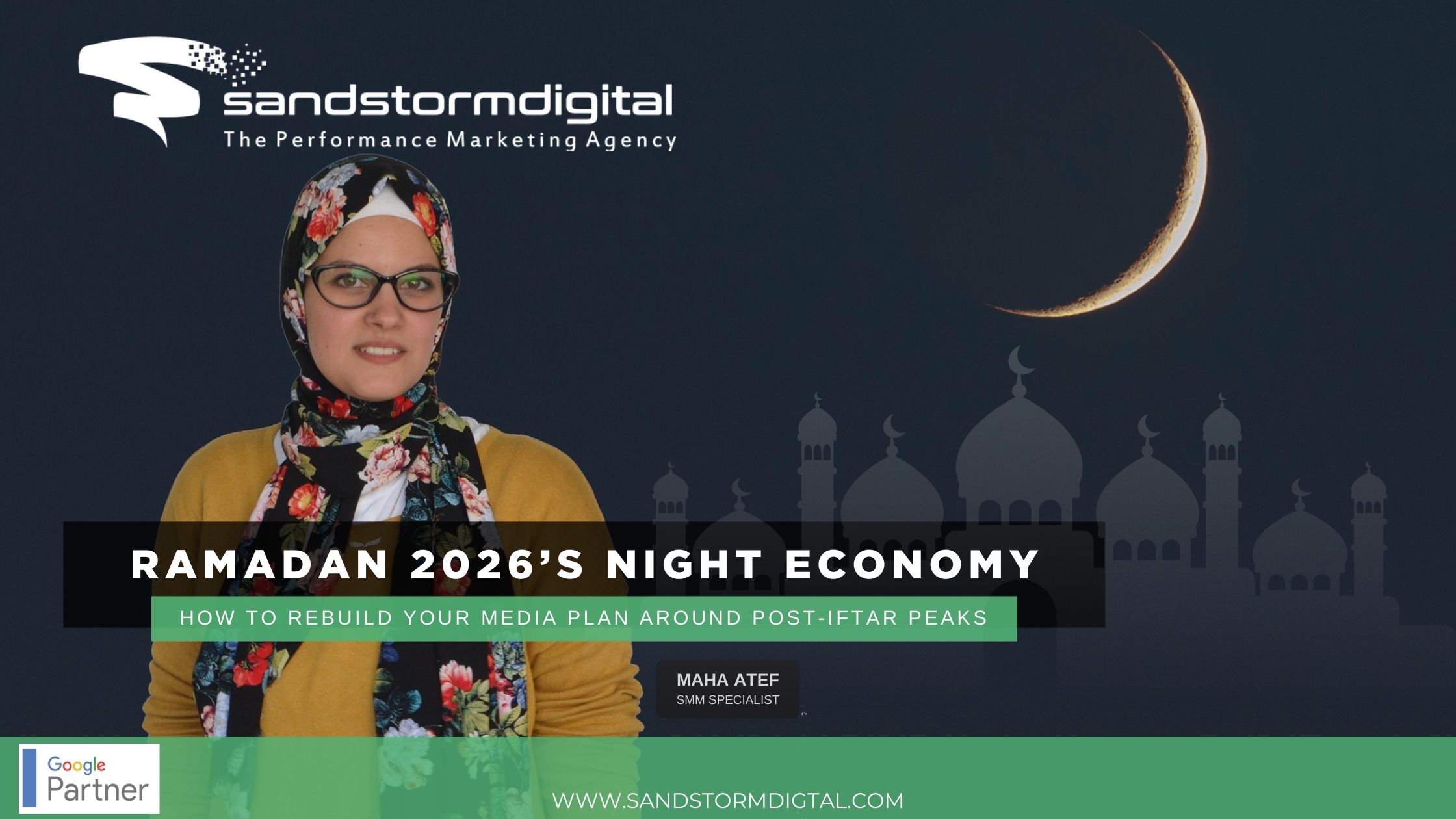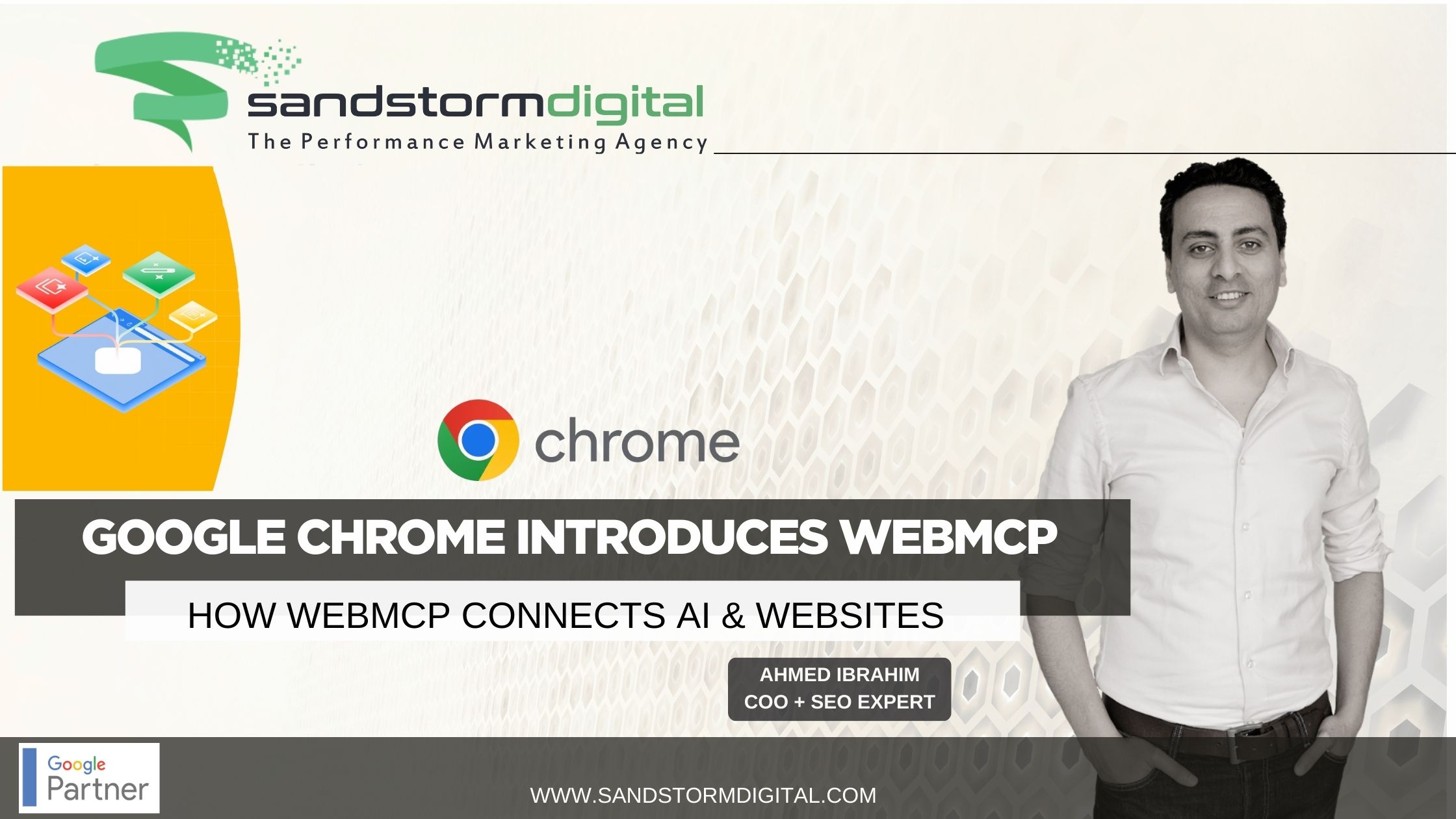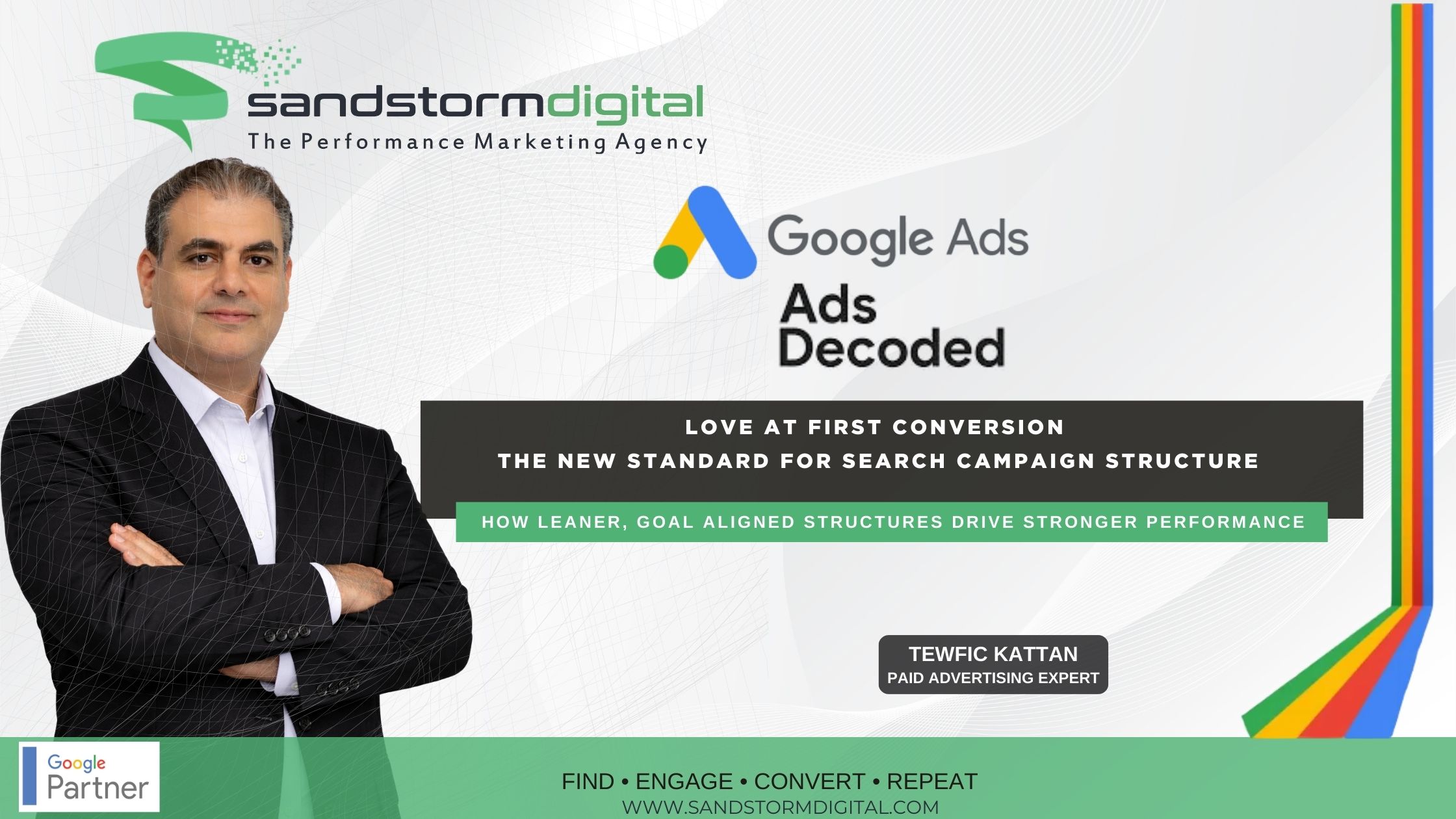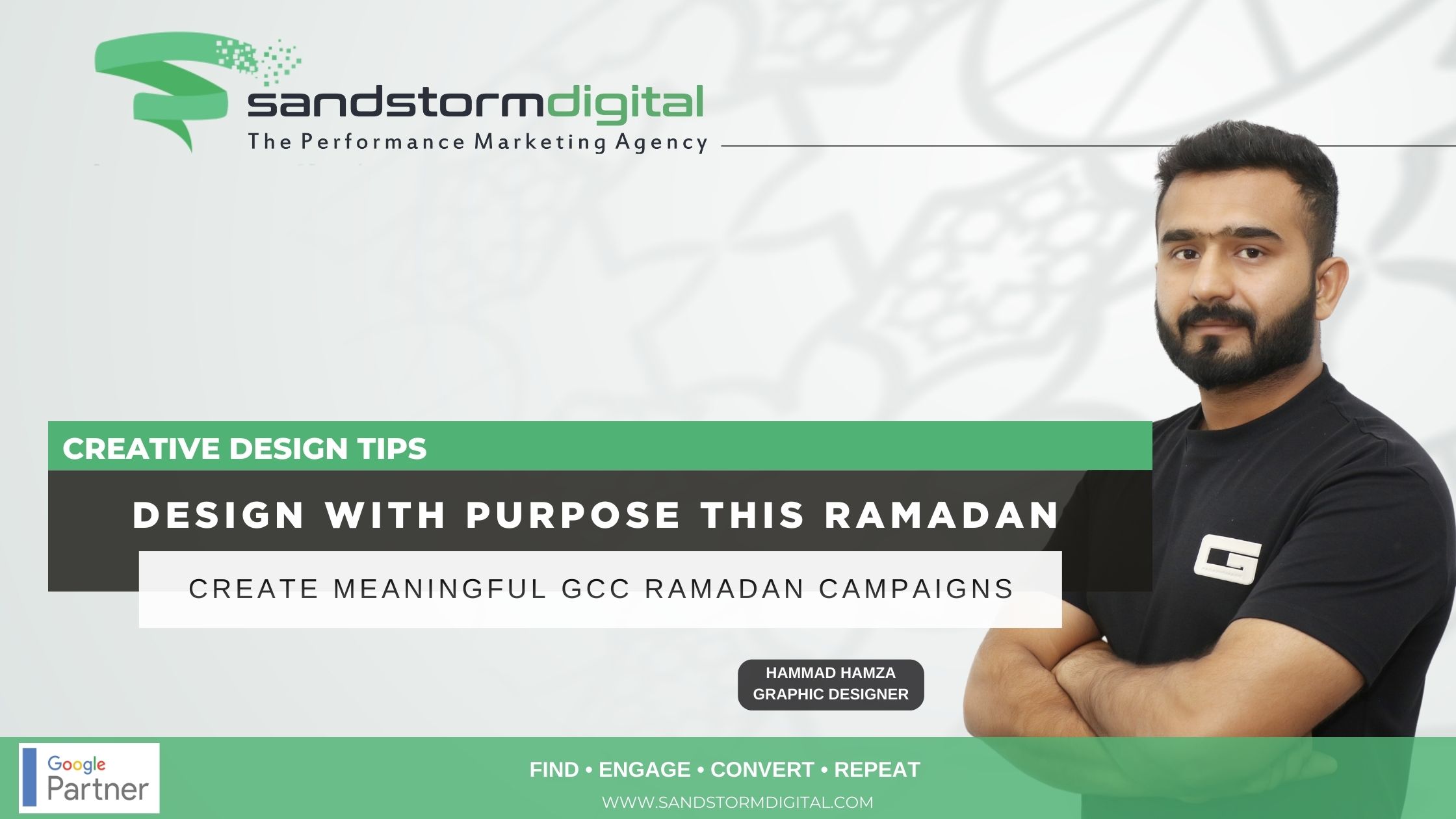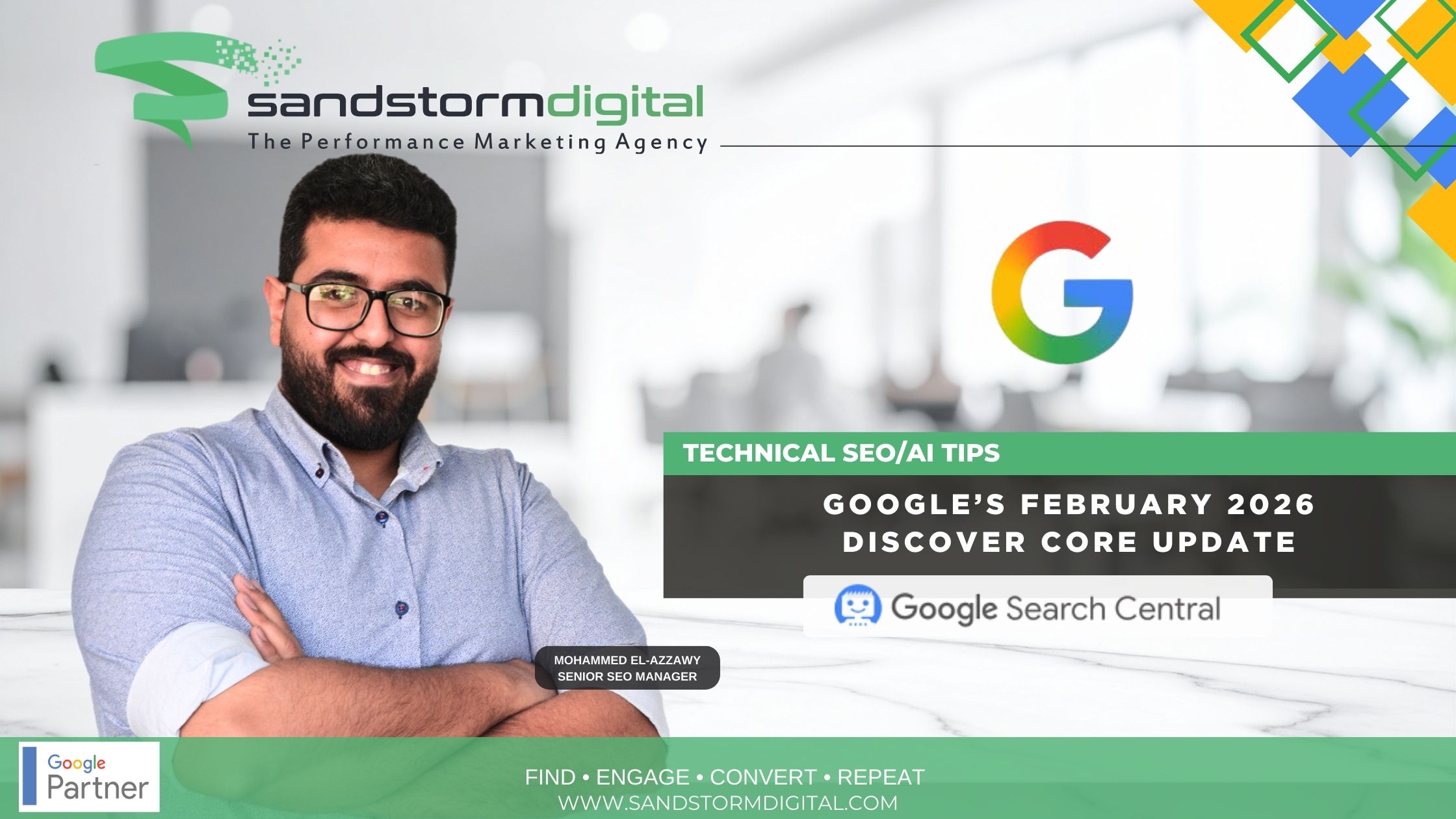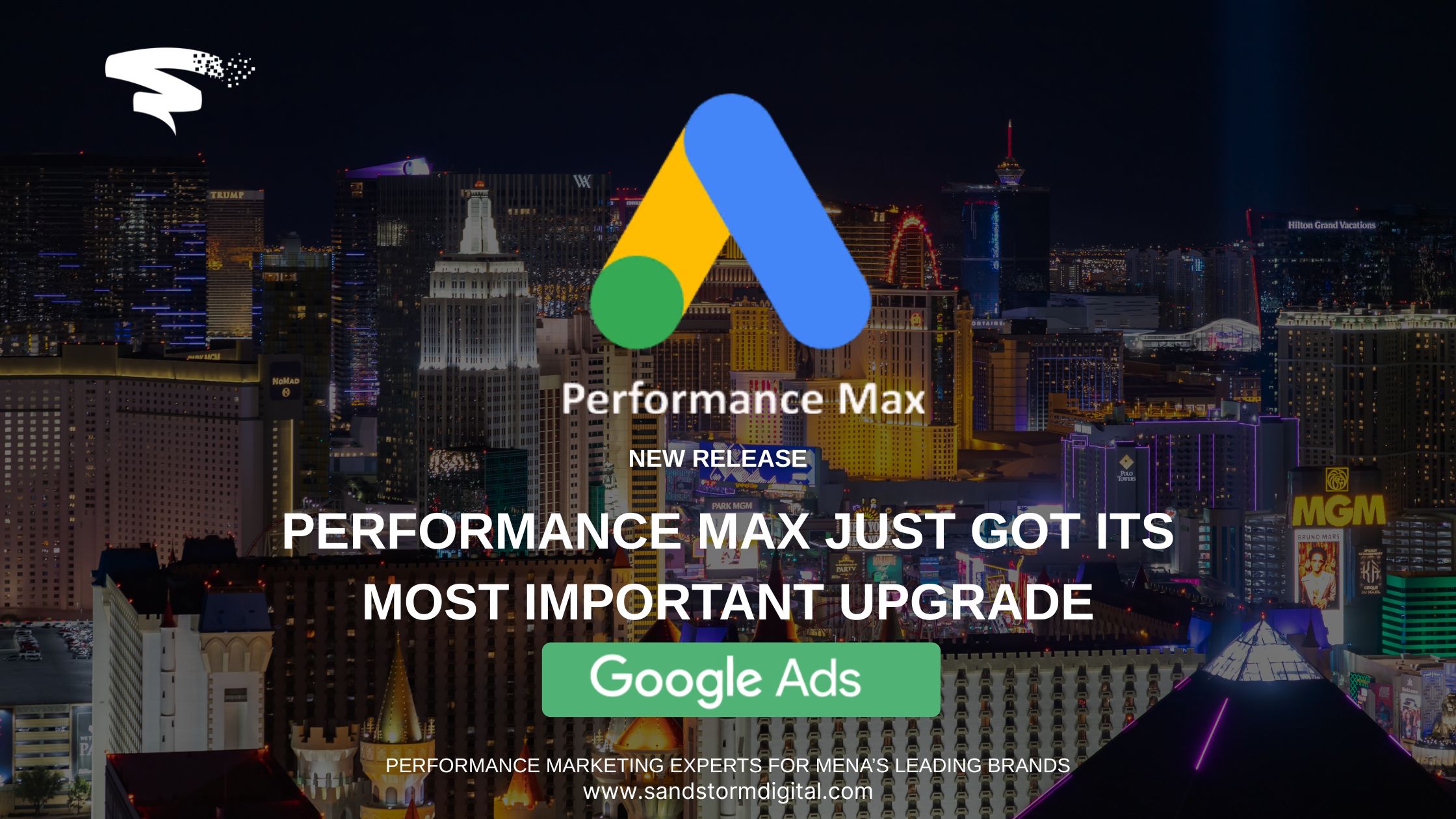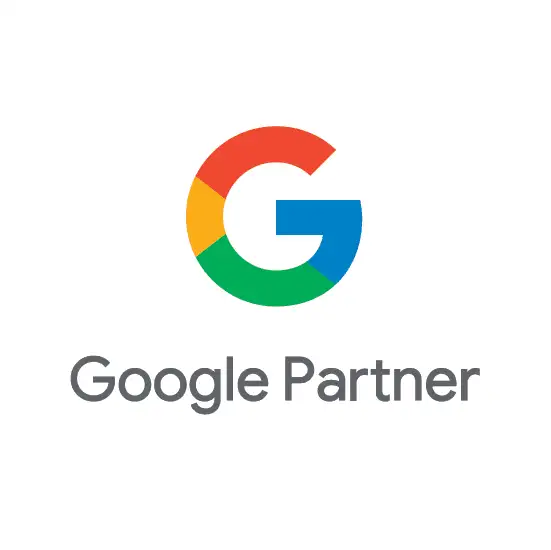As competition intensifies in digital advertising, generating high-quality leads efficiently has become more complex than ever. The solution? Artificial intelligence. AI isn’t just enhancing paid search—it’s transforming it into a smarter, leaner, and more scalable engine for lead generation.
In this blog, we break down how AI is being used across every layer of paid search strategy—from bidding to targeting to conversion attribution—to drive better lead outcomes in 2025.
1. Smarter Bidding Through Machine Learning
Traditional manual bidding strategies struggle to keep up with real-time market fluctuations and user behavior shifts. AI-powered bidding algorithms, like Google’s Smart Bidding and Microsoft’s Enhanced CPC, analyze thousands of data points in real time—device, time of day, location, user history, audience lists—and adjust bids accordingly.
AI also considers historical lead quality when trained on conversion value data (not just volume), allowing advertisers to prioritize leads that are more likely to convert into revenue-generating customers.
Pro Tip: Feed your AI with first-party CRM data and lead scoring values to help the algorithm distinguish high-quality conversions from low-intent form fills.
2. Predictive Targeting: Reaching Leads Before They Convert
AI takes audience targeting beyond interest or demographic filters. It enables platforms to build predictive models that anticipate which users are likely to convert—even before they search for your product or service.
For instance, Google’s Demand Gen and Custom Intent Audiences use AI signals across YouTube, Discover, and Gmail to target high-probability users, even if they haven’t yet searched specific keywords.
This proactive targeting is particularly effective for B2B or high-ticket lead gen, where decision-making journeys start long before a formal search query is typed in.
SEO Tip: Align your landing page content and structured data to match the AI’s predicted intent signals. Content relevance still plays a major role in quality score and lead capture.
3. Generative AI for Scalable Creative Testing
Writing copy for responsive search ads used to be time-consuming. Now, AI tools like Google’s Asset Generation with Gemini, or even third-party platforms like Copy.ai and Jasper, can generate dozens of ad headline/description variations based on a landing page or a prompt.
These AI-generated assets are automatically tested in real time, and the best-performing combinations are surfaced more often—leading to better CTR and, ultimately, more conversions.
Agency Insight: At Sandstorm Digital, we’ve seen AI-augmented copywriting reduce ad testing cycles by over 50%, while improving lead conversion rates by up to 30%.
4. Enhanced Attribution for Smarter Optimization
AI is also driving better attribution models. In 2025, data-driven attribution (DDA) is the standard—not the exception. AI looks at each touchpoint across the funnel (ads, pages, clicks, impressions) and assigns value based on actual conversion influence—not just last-click.
This means you’re no longer optimizing blindly. You can clearly see which ads, campaigns, and keywords are generating the right leads, not just the most leads.
Conversion Optimization Tip: Use enhanced conversions with your CRM or lead forms to close the attribution loop—helping the AI learn from qualified leads, not just form submissions.
5. Guardrails: Staying in Control of the Machines
AI automation doesn’t mean relinquishing control. Successful lead gen marketers are learning to train their AI tools, not just deploy them.
Here’s how to stay in control:
-
- Set conversion goals that reflect true lead value (MQL/SQL, not just raw forms)
-
- Use audience exclusions and negative keywords to avoid wasted budget
-
- Review AI-generated ad copy for tone, compliance, and relevance
SEO Watchout: Make sure your AI-driven landing pages don’t violate content quality standards or introduce thin, repetitive content. Google’s helpful content system still rewards expertise and originality.
AI as a Growth Partner, Not a Shortcut
AI is no longer optional for competitive paid search campaigns—it’s essential. But tools alone won’t drive results. Success comes from knowing how to train the machine, interpret the outputs, and continuously optimize toward meaningful lead outcomes.
As platforms evolve, so too must our strategy. The brands that will win in 2025 are the ones treating AI as a strategic partner—not a black box.

